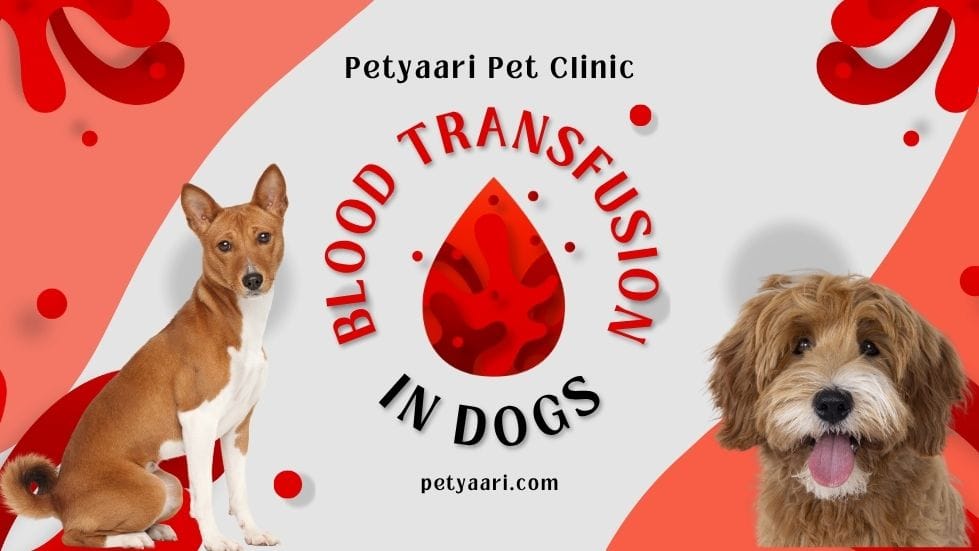
Canine Distemper in Dogs: A Pet Owner’s Guide to Symptoms, Treatment, and Prevention
Canine distemper is a very contagious virus. It affects dogs' respiratory, gastrointestinal, and nervous systems. This disease can often be fatal. It spreads through airborne droplets or contact with infected animals. Symptoms include fever, nasal discharge, coughing, vomiting, and neurological issues like seizures. Puppies and unvaccinated dogs are most vulnerable, with mortality rates reaching 80% in untreated cases. While no cure exists, prompt veterinary care including IV fluids, antibiotics, and anticonvulsants can improve survival chances. Prevention through timely vaccination (starting at 6-8 weeks) is crucial. At Petyaari Pet Clinic, we provide full distemper care. This includes diagnosis and treatment to keep pets in Hyderabad safe. If your dog shows symptoms, seek immediate veterinary attention.








